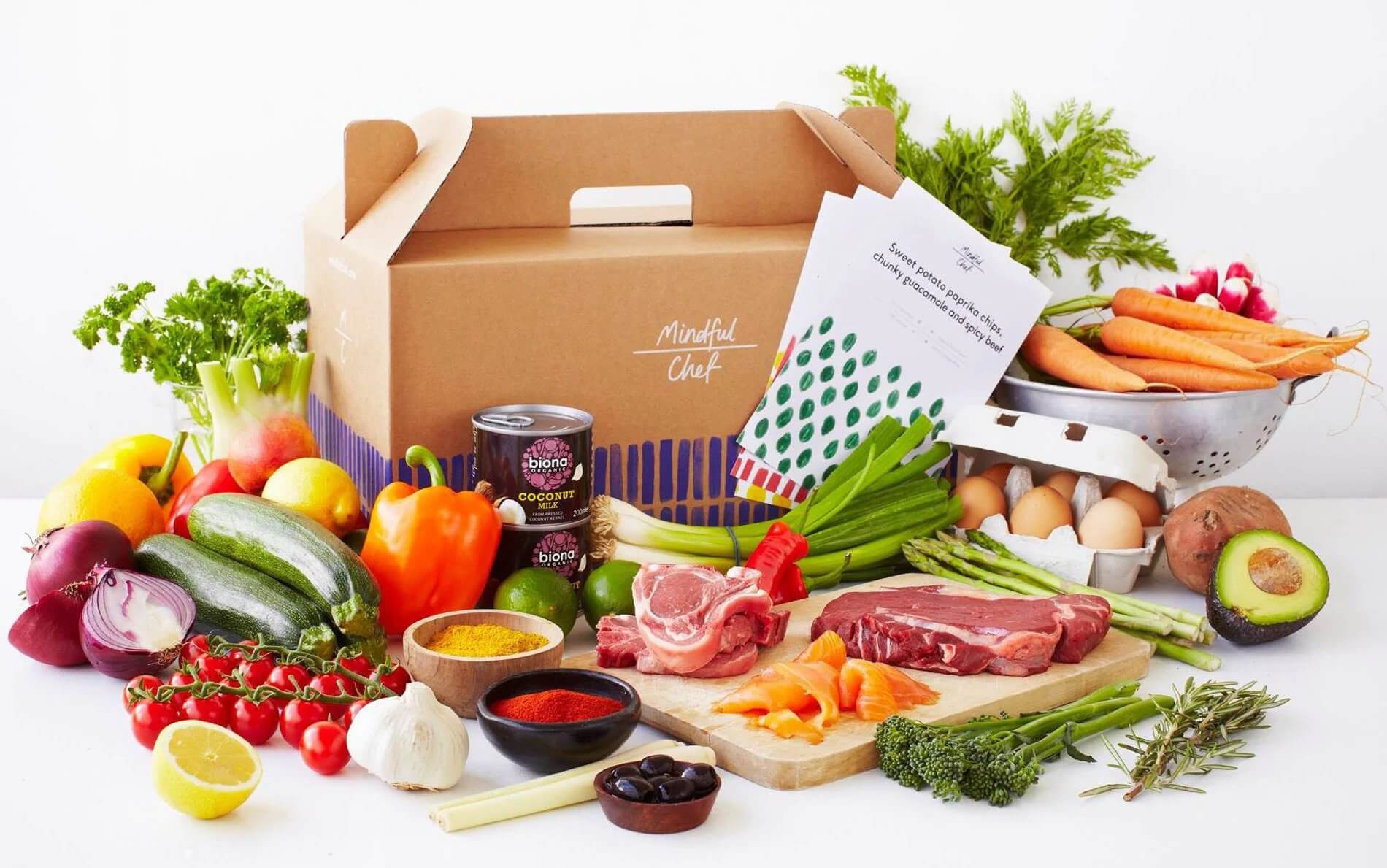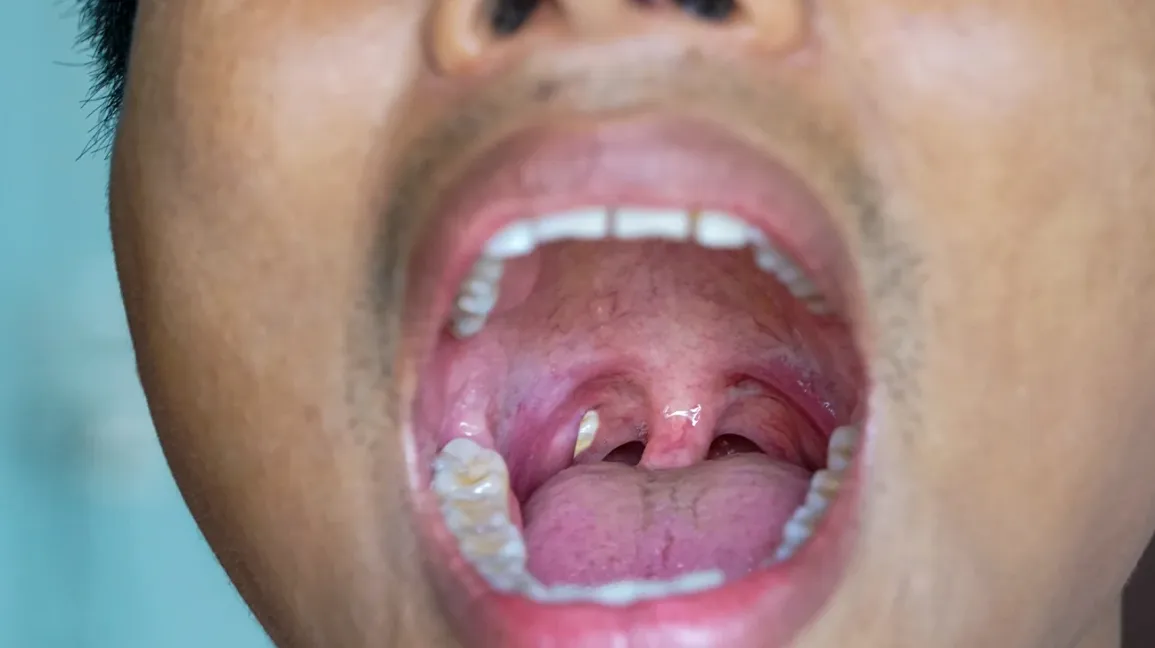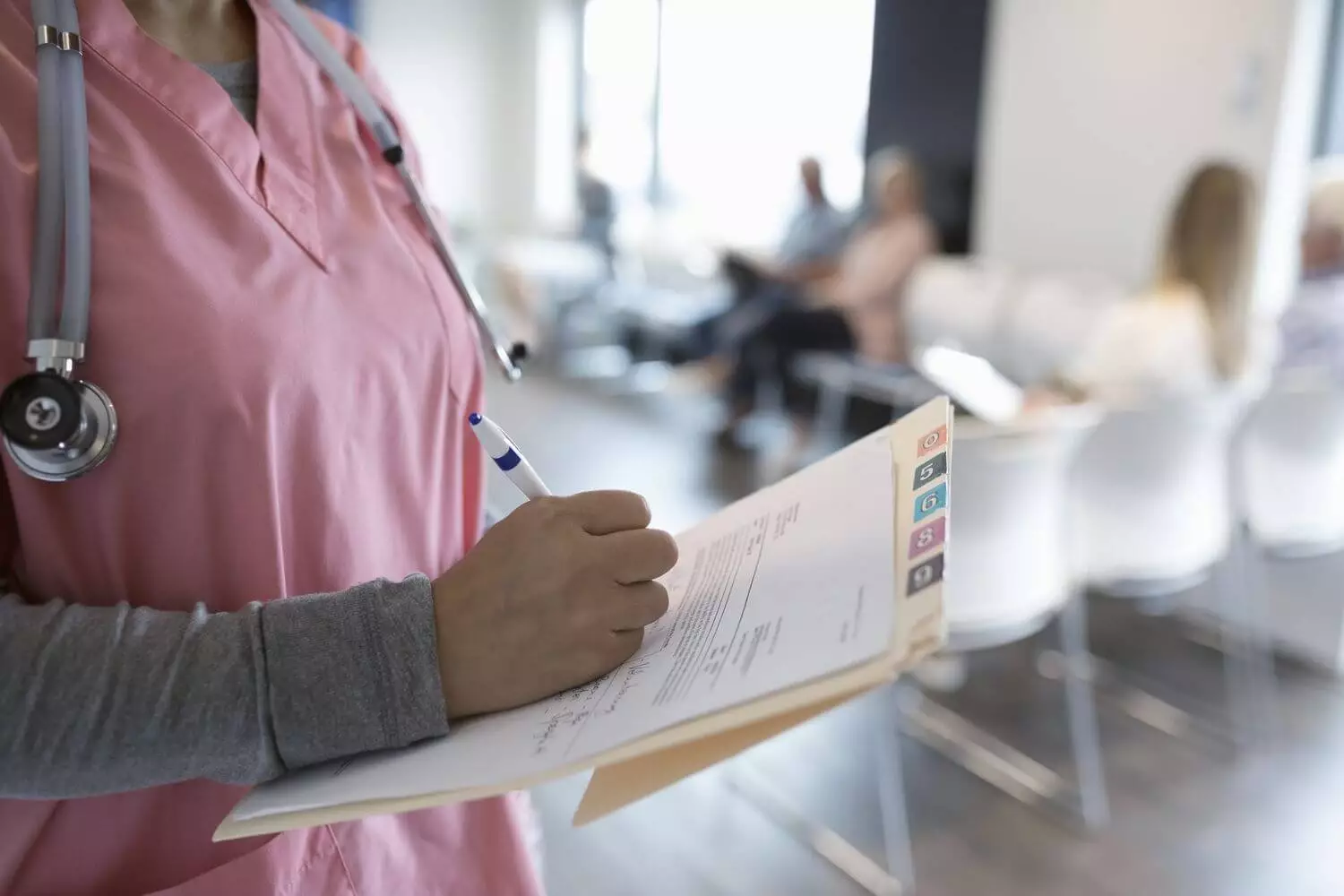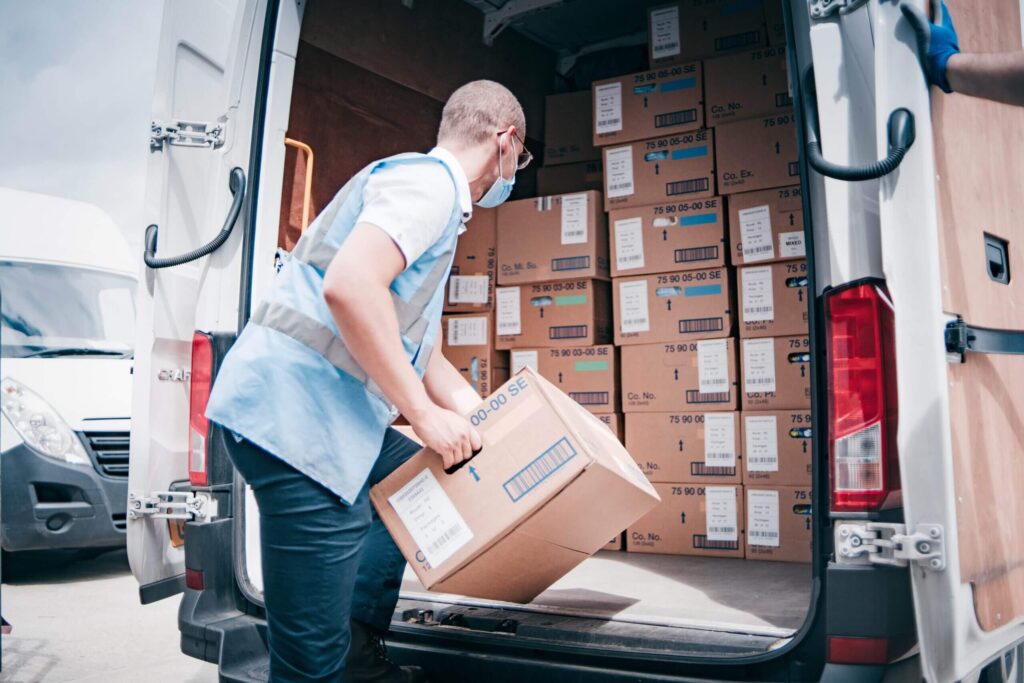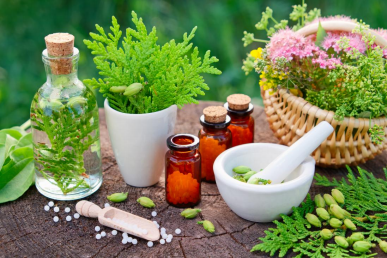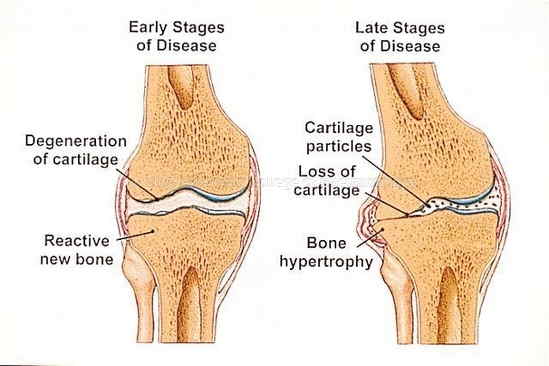Eating takeaway food seems like a new normal for society as it is made so much easier with the presence of many foods’ delivery services. Before this service was widely available, buying food from stalls or any eatery through walk-in was common. It is not weird if a person feels sick after eating such food or very commonly after having a meal from big events such as wedding feast. Certainly, this kind of sickness will make a person ask a doctor to get treatment and answers.
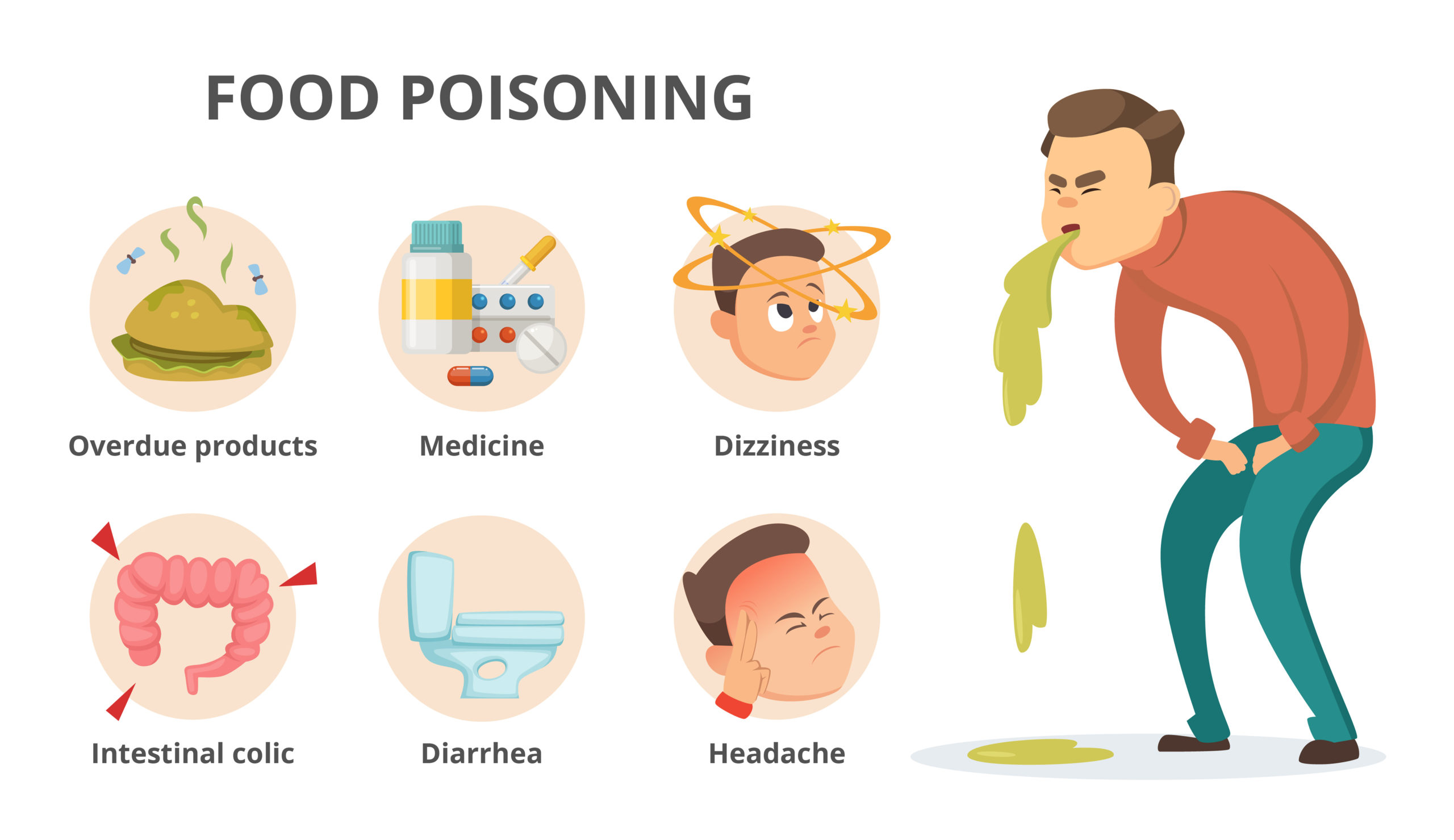
One of the most reported cases of sickness that happen almost immediately after having food from such places is food poisoning. Food poisoning is basically a disease caused by eating contaminated food with pathogens such as bacteria, viruses or toxins in the food. Most cases of food poisoning in Malaysia are food contaminated by the salmonella species, Escherichia coli, Bacillus cereus and Staphylococcus aureus bacteria. In Malaysia, the climate itself, which is hot and humid, enhances the possibility of food contamination.
Symptoms of food poisoning typically happen in one or two days after eating contaminated food but it can also happen just a few hours after. Mild food poisoning symptoms include nausea, vomiting, fever, abdominal pain, upset stomach and diarrhoea. These symptoms normally resolve on their own in a few days and recovery at home should be enough especially when symptoms are mild.
A person suspecting themselves of food poisoning should get more rest and drink more fluid to keep themselves hydrated. Preventing themselves from dehydration is the most crucial step. Try to drink plenty of water even just by taking frequent sips. Getting an oral rehydration solution (ORS) can be helpful in preventing dehydration episodes and it can easily be bought from a pharmacy.
Although most cases of food poisoning exhibit mild symptoms and no urgent need for meeting a doctor, a person should seek medical advice when the symptoms get severe. This includes bloody diarrhoea, high temperature fever more than 38 C, frequent vomiting that already caused a person unable to keep liquids down, a person showing signs of dehydration by having very dry mouth or little to no passing urine and diarrhoea episodes more than 3 days. Groups that is at risk for serious complications of food poisoning such as pregnant women, those over 60, baby and young child, a person with weak immune system including those with cancer treatment or HIV and people with chronic medical conditions like diabetes or kidney disease, should always meet physician even though the food poisoning symptoms are mild.
It may be difficult to totally eliminate the risk of getting food poisoning but there are always preventive measures you can take. Besides, it is always better to be safe than sorry, right? Ways to prevent food poisoning are:
1-Always wash your hands before and after preparing food, and of course before and after eating a meal.
2-Make sure surfaces in contact with food preparation are clean.
3-Avoid using the same plates and utensils for cooked and raw ingredients to avoid cross-contamination.
4-Clean fruits and vegetables thoroughly especially when eaten raw
5-Cook food thoroughly especially red meat, poultry and eggs.
6-If you are planning to keep food in the refrigerator, make sure the temperature is 4 C or less.
7-If you are planning to eat leftovers, be sure to reheat the foods thoroughly
8-Be careful when eating food from outside. Make sure the food is covered well and the premises environment is clean. Ensure that the food handlers practise good hygiene.
9-Keep an eye out for the expiry date for food products you are buying and to store it properly as according to the food label.
Want Covid 19 Test Kit? Check here

Helen Bradley is a health blogger and the founder of her own blog about fitness. She has been blogging for three years now and loves to share what she learns with others. Helen enjoys reading, cooking, and staying active outdoors.


